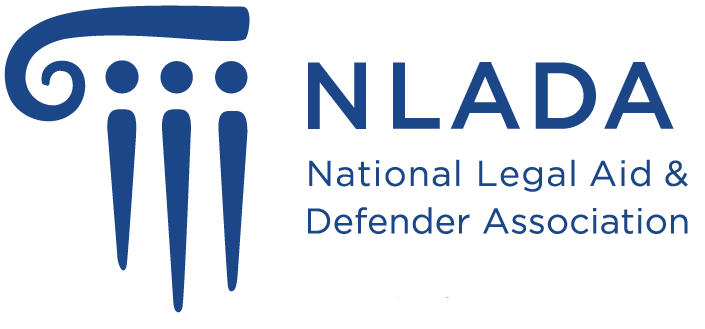**This may be a great opportunity for an office that has an internal program or existing relationship with a mental health provider or organization**
The Communities Building Healthier Environments for a Stronger Nation Initiative (‘Communities Initiative’) intends to demonstrate the effectiveness of community-based networks in improving health outcomes among racial and ethnic minority and/or other disadvantaged populations. This program seeks to improve health outcomes through the establishment of integrated networks that collaboratively employ evidence-based disease management and preventive health activities; build the capacity of communities to address social determinants and barriers to healthcare access; and increase access to and utilization of preventive health care, medical treatment, and supportive services. The Communities Initiative specifically targets the unmet healthcare and supportive service needs of racial and ethnic minority populations at highest risk for poorer health outcomes. Health services provided under the Communities Initiative will not be denied to any person based on race, color, or national origin. Populations at highest risk include, but are not limited to, individuals who are newly diagnosed and lack a medical home; individuals who experience difficulty in adhering to a prescribed medical treatment plan; individuals with a chronic disease that is not well managed; and individuals that are unstably housed. Specific health areas to be addressed by the Communities Initiative include asthma, cardiovascular disease, diabetes, HIV/AIDS, Hepatitis B or C, obesity/overweight, and mental disorders. Community health programs are required to address social determinants of health, and improve coordination of health, social, and supportive services to significantly improve health outcomes among minority and/or disadvantaged communities. Applicants must choose two but no more than three chronic conditions to be the focus of the proposed intervention, but should justify this choice based on the population targeted and the interrelation of the chronic conditions. Project plans relative to health areas must include screening and early detection; implementation of evidence-based prevention and intervention programs; chronic disease management; linkage to medical treatment and follow-up; and coordination of applicable health, social and support services. Project plans must also address social determinants relative to selected health areas that directly facilitate the onset or transmission of disease or impact adherence to prescribed medical treatment plans.
Grantor Contact Information: Robin Fuller Senior Grants Management Specialist, 240-453-8830
State Governments • County Governments • City or township governments • Special district governments • Independent school districts • Public and State controlled institutions of higher education • Native American tribal governments (Federally recognized) • Public Housing authorities/Indian housing authorities • Native American tribal organizations (other than federally recognized tribal governments) • Nonprofits having 501(c)(3) status with the IRS, other than institutions of higher education • Nonprofits without 501(c)(3) status with the IRS, other than institutions of higher education • Private institutions of higher education • For profit Organizations other than small business • Small Businesses

